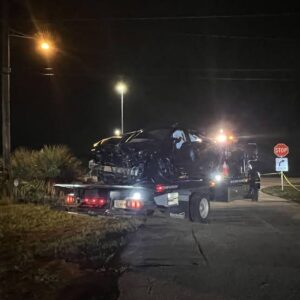Just now:Ontario missing teen falls to death off cliff at Lynn Canyon Park
- The horrendous death tolls in recent years from tsunamis, natural disasters, and murder unfortunately raise interesting legal questions.The bodies of many of the victims remain missing and may never be recovered.
Public officials have simply presumed these people to be dead.
It is one thing, however, to estimate the numbers for the purposes of reporting to the public.
It is quite another to fulfil the legal steps required to obtain a declaration that a particular individual should be officially considered dead.
People sometimes go missing for many years, sometimes forever. Such disappearances inevitably raise a variety of legal questions.
These can involve everything from the preservation of assets, the administration of the estate, the right to any insurance proceeds, the entitlement of the
missing person to share in estate of a third party, to many other such questions.
When faced with a situation involving a missing person, the estate lawyer must determine which remedies may be available. Is there is sufficient evidence to
obtain, without further delay, a declaration of presumption of death order? Alternatively, is it possible and necessary to have a curator appointed to administer
the missing person’s affairs, until a future date when a presumption of death may be obtained?
In British Columbia the relevant legal remedies are contained in two provincial statutes.
Firstly the Estates of Missing Persons Act discussed yesteday,which provides, inter alia, for the appointment of an interim curator.
Secondly the Survivorship and Presumption of Death Act which authorizes applications for a declaration of presumption of death. This statute also provides for
a presumption of survivorship where two or more person die in circumstances making the order of death uncertain. Specifically it provides that for all purposes
affecting property, their deaths are presumed to have occurred in the order of their seniority, i.e. the younger person is deemed to have survived the older
person.














Post Comment